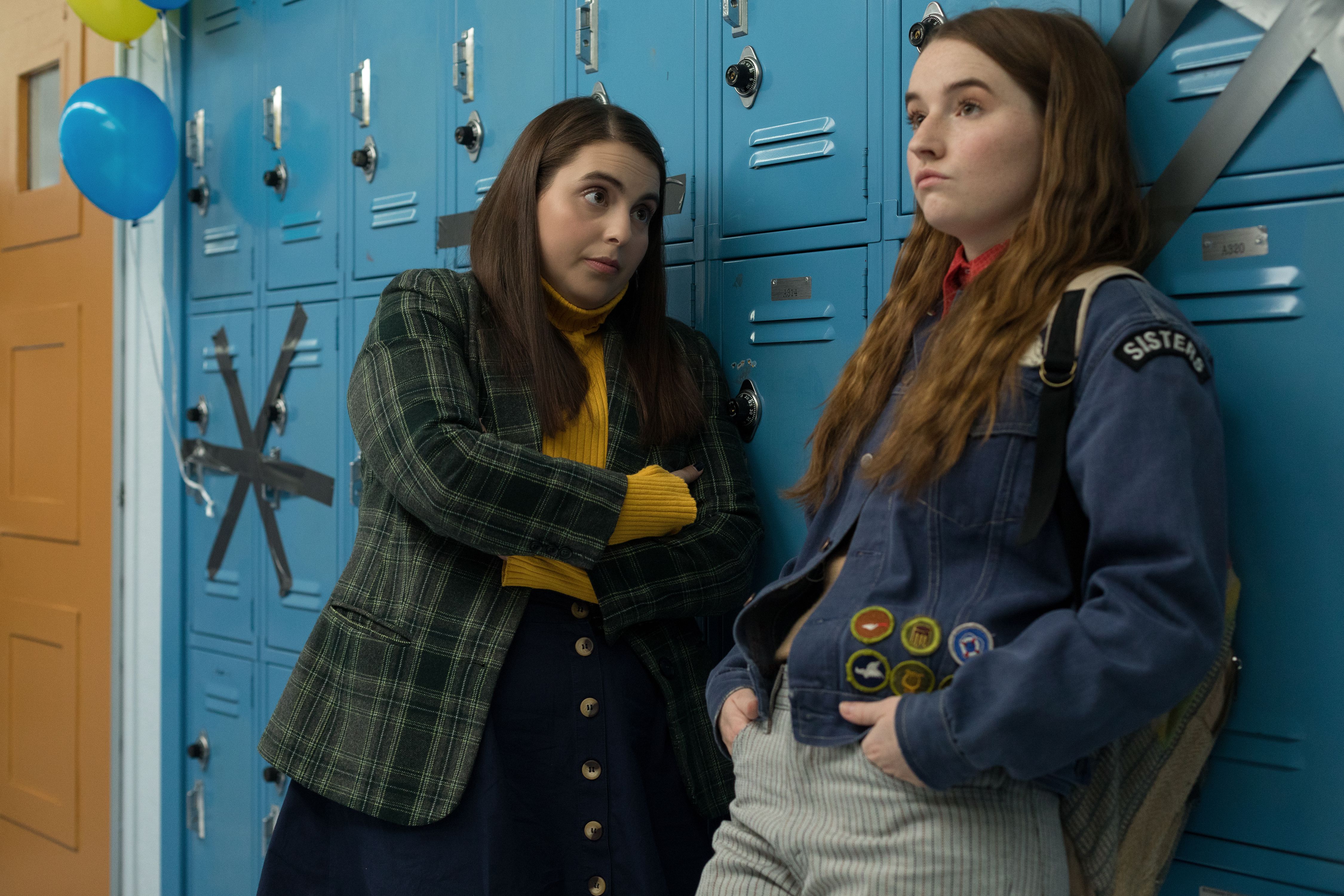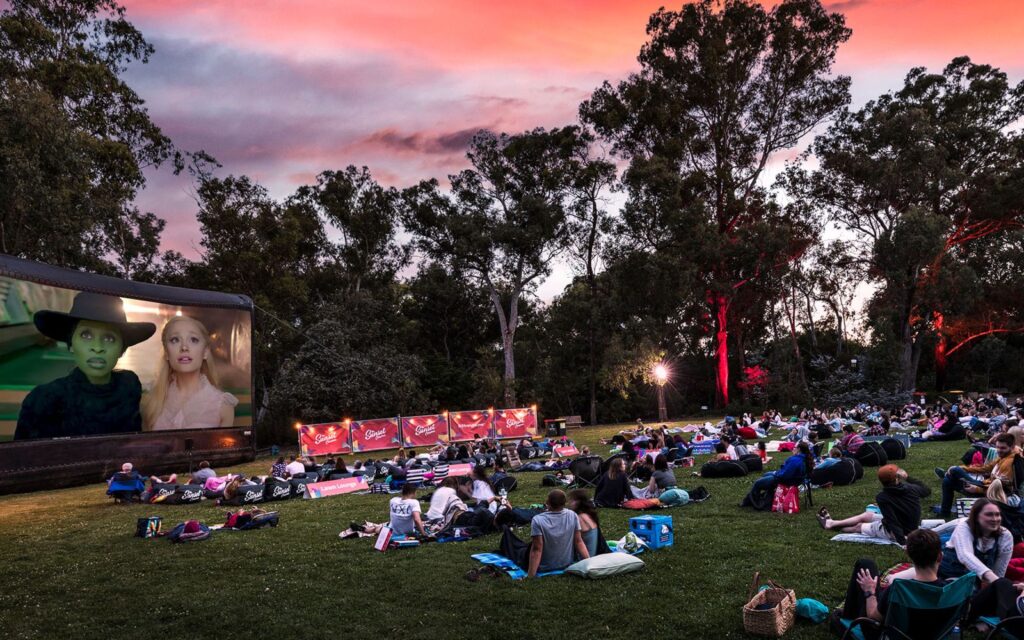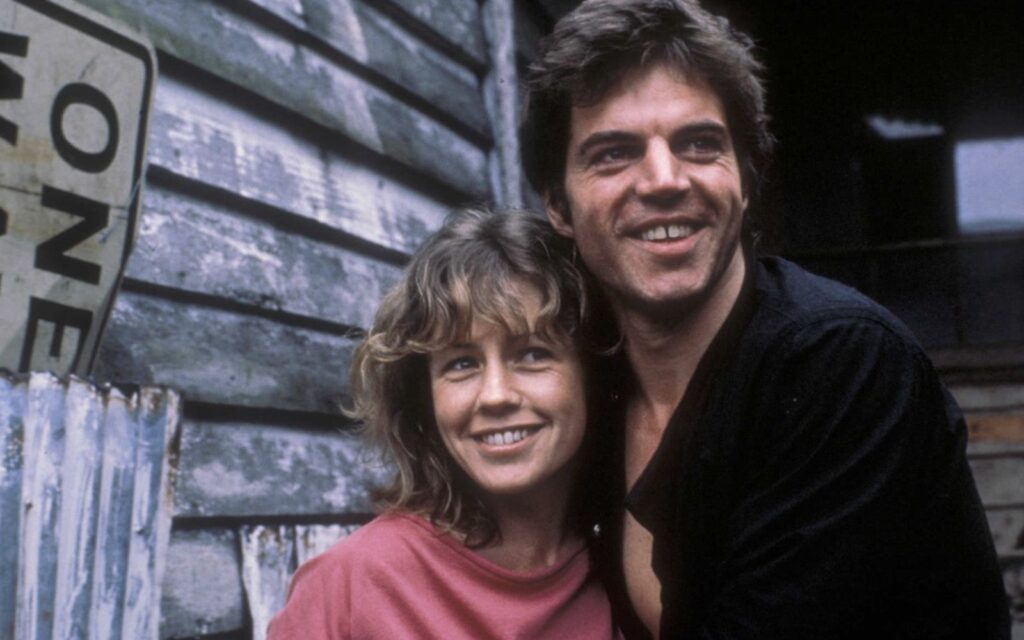★★★★
The high school to college transition is a familiar Hollywood trope, yet no film has looked at this typical coming of age motif at such an angle as Booksmart.
On the eve of graduation, Amy (Kaitlyn Dever) and Molly (Beanie Feldstein) are feeling pretty smug; years of avoiding parties in exchange for late nights at the library has earnt them each a place at their college of choice. The future is looking bright and the world is in order. That is until Molly discovers that even the cool kids who did attend all the parties and spent their teenage years seemingly goofing off also got into the good colleges. It turns out you can have it all and Molly and Amy sacrificed their social lives for nothing.
And so, the rational course of action is to crash the popular kids’ graduation party for one final (and first) hurrah, resulting in an evening of ridiculous antics and the kind of lessons that can’t be found in any textbook.
When it comes to the high school graduation narrative, viewers have grown accustomed to a regurgitation of the same general plot, one which tends to involve a group of unpopular high-school boys desperate to lose their virginity before heading off to college, a la American Pie and Superbad. Yet, in her directorial debut, Olivia Wilde takes this tired, often misogynistic narrative and turns it on its head.
In fact, Booksmart is the antithesis to Superbad – co-starring Jonah Hill’s sister, Feldstein, no less. A celebration of female friendship, it harkens the likes of Broad City – albeit somewhat tamer – while instilling a myriad of important lessons without compromising its comedic edge.
Booksmart is the film teenagers and adults, particularly women and girls, deserve. To call it realistic may be a stretch, though compared with its kin it delivers a much more accurate view of the world it portrays.
High school films usually spout the plight of a bunch of upper-middle-class white kids with perhaps a tokenistic person of colour or queer character in order to tick the diversity box. Booksmart, on the other hand, celebrates a range of fleshed-out characters while navigating the burgeoning sexual awakening of adolescence from a queer perspective.
However, while there are whiffs of romantic subplots, love interests appear as more of a side note than anything. Rather than serving as a marker of a happy ending – the girl gets the boy (or girl) – the elements of romance simply create the opportunity to explore more complex ideas surrounding sexuality and first times.
While Booksmart is absolutely a product of 2019’s woke culture, sprinkled with overt feminist ideals, these themes appear spontaneously and authentically. It’s this approach that allows the film to cater to all viewers without slapping the audience in the face with its diverse appeal.
Despite the weight of its undertones, Booksmart begs the importance of not taking everything so seriously, offering a generous serve of belly laughs in the process.
Booksmart is out in Australian cinemas today.





